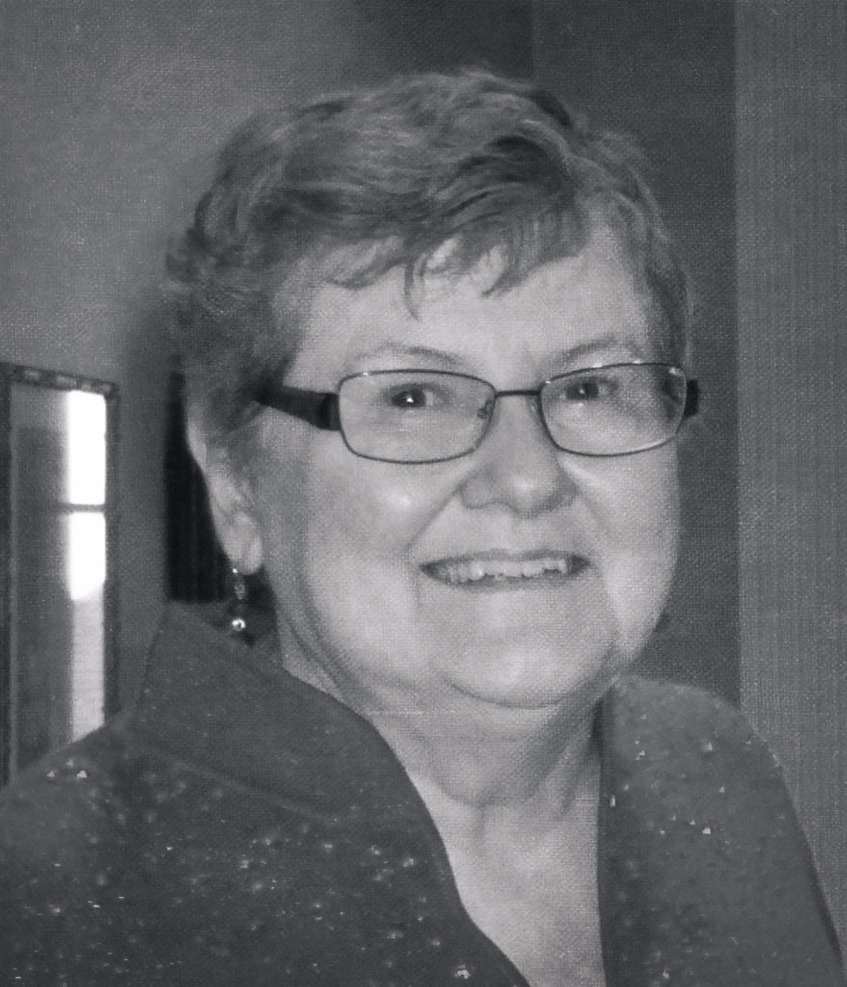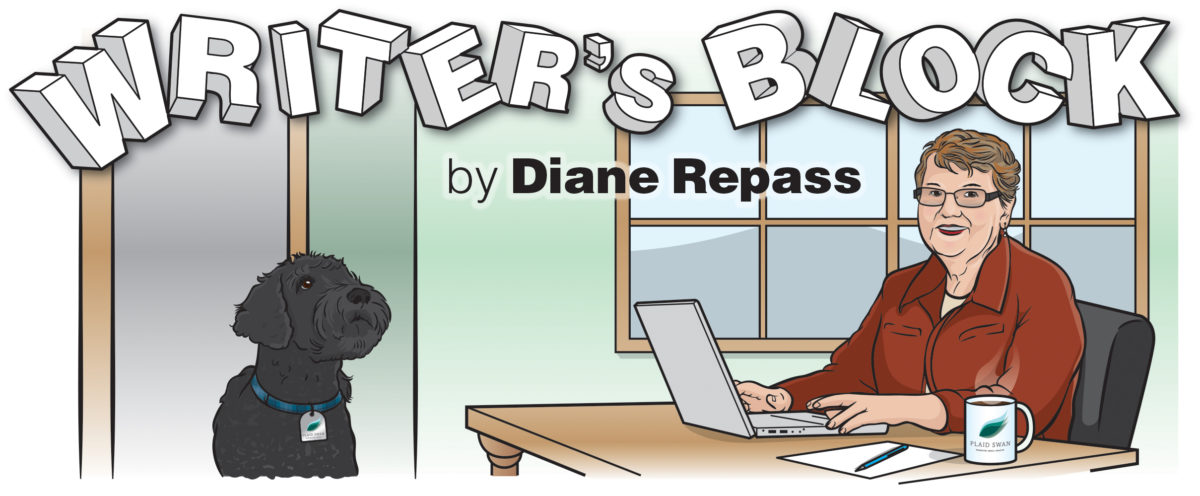Maddening Word Pairs
I have taught junior and senior high as well as college level English classes. At every level you find similar mistakes with confusing word pairs. Correcting essays could be frustrating because no matter how many times I addressed certain errors in class, the same errors kept popping up. I learned to temper my frustration by reminding myself that there were bigger issues to address, but to this day I can still cringe when I see certain mistakes made by skilled writers. In a last ditch effort to alleviate some of the pain, let’s address five of my “favorites.”
A lot vs. Alot vs. Allot

www.deathbattle.wikia.com
I know this group is not a pair, but the number one error I saw, particularly on the lower levels, was the use of alot. There is no such word as alot. It’s that simple; it is always written as two words meaning “a large, non-countable quantity of something.” The phrase is quite informal, and experienced writers avoid the phrase when writing more formally. My computer wants to correct this error, so maybe students and writers now don’t make this mistake as often anymore. The word allot means –
- to divide or distribute by share or portion; distribute or parcel out; apportion: to allot the available farmland among the settlers.
- to appropriate for a special purpose: to allot money for a park.
- to assign as a portion; set apart; dedicate. (from Dictionary.com
Loose vs. Lose
Loose (with an s sound) means “anything that is free from an attachment or confinement” while lose (with a z sound) means “to be deprived of or unable to find something” (though one dictionary site I checked listed 26 meanings for this word). I love mnemonic devices which are used to assist your memory. One that works for this pair is losing an O to spell lose.

www.ifunny.co
Principal vs. Principle
I learned a mnemonic device many years ago to help with these two. Principal is often a person, the head of a school, and he/she is your “pal.” There are other principals: the lead actor in a play, the first player of a division of instruments in an orchestra, or the person directly responsible for a crime. Principle is “a general law or truth.”

www.huffingtonpost.com
A While vs. Awhile
This confusing pair is apparently confusing to even the experts. My Merriam-Webster’s Collegiate Dictionary says that many feel that awhile is not even a word; it is a mistake to use it. Others distinguish the two choices as article-noun (a while) and adverb (awhile). It is probably another example of how English and its rules are changing. While I found one source that says a while can also be an adverb, it is probably safest to stick with the noun vs. adverb definition. A while is a general term meaning “a length of time;” try replacing it with another noun that specifies a length of time to determine if you need the two-word noun phrase. Awhile means “for a time;” again, try replacing it with another adverb.
It has been a while since I’ve seen my brother.
It has been a year since I’ve seen my brother.
I sat awhile contemplating my future.
I sat briefly contemplating my future.
All Right vs. Alright
Another example of language in flux is this pair. Poor alright has frequently been maligned and is not considered a word by many. However, there is growing support for its use meaning “satisfactory” because it is so commonly used. You can’t go wrong by consistently using the two-word form, all right. Similar words that have gone through the same transition are all ready vs. already and all together vs. altogether, with both choices winning a place in the English language.

www.giphy.com
There are hundreds of examples of word pairs that can be maddening and cause writers to agonize over the choices. Fortunately, today we have the internet to check out the distinctions, and we also have spelling and grammar checkers to guide in such decisions. It is still helpful to try to take advantage of mnemonic devices and other memory helpers to put the correct choices in your mind.

www.imgur.com

Diane Repass is a retired tenured assistant professor
from The University of Dubuque and now a beloved
writer for Plaid Swan Inc. She received her M.A. from
The University of Northern Iowa in Cedar Falls, Iowa.

